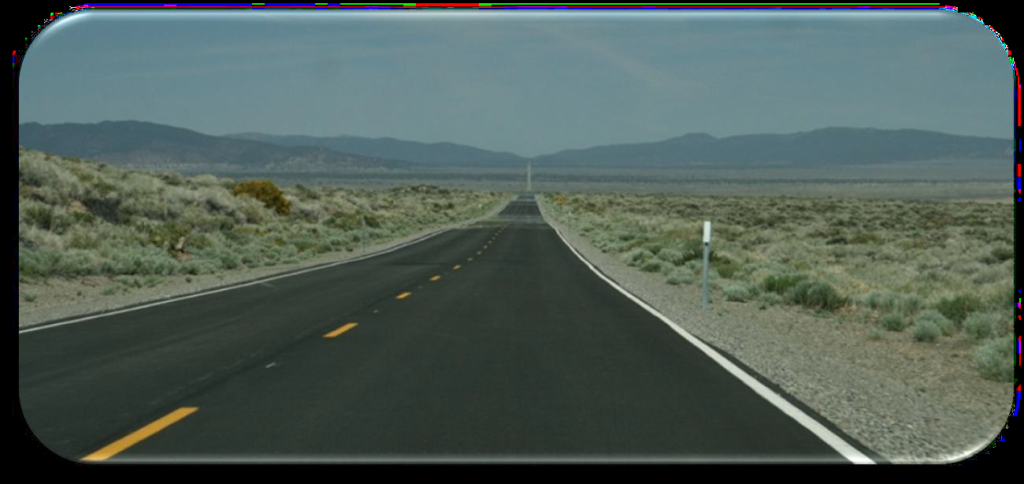My father would always add a caveat to any plan he might make, with the words ‘all being well’. What he really meant in his heart was ‘God willing’, but he came from a long family line (like me after him) for which any utterance of God’s name, in any way that might be construed as being disrespectful, was almost a capital offence.
If there is one thing that our present situation has taught me, it is that we are not in control of our plans. Indeed, we should have every reason to respectfully say ‘God willing’.

Today, as I write, Barbara and I are supposed to be leaving on a flight to the UK, for the joy of our grand-childrens’ 3rd and 5th birthday parties. Now, perhaps we will make it for their 4th and 6th birthdays, ‘God willing’. All our plans have been brought to a screeching halt. We no longer have freedom. I can’t even walk up to ‘my’ Mitre 10 to get a much-needed something. How easily we can be stopped. The whole world has been stopped as if God has suddenly pulled on the handbrake.
Perhaps that is really what has happened. As humans, we have taken everything for granted, and perhaps it requires something as big as Covid-19 to remind us that we are not in control. There is indeed a time for everything, and a season for every activity under the heaven (Ecclesiastes 3: 1), but we don’t take that into account in our plans. So in their hearts humans plan their course, but the Lord establishes their steps (Proverbs 16: 9), and we seldom acknowledge that it is the Lord’s purpose that prevails (Proverbs 19: 21). Sometimes God in His mercy has to go so far as to foil the plans of the nations, thwarting the purposes of the peoples (Psalm 33:10). James reminds us too, ‘Come now, you who say, “Today or tomorrow we will go to such and such a city, spend a year there, buy and sell, and make a profit”; whereas you do not know what will happen tomorrow. For what is your life? It is even a vapor that appears for a little time and then vanishes away. Instead you ought to say, “If the Lord wills, we shall live and do this or that”’ (James 4: 13–15).

So where does this leave us? Well, perhaps it’s time to remind ourselves that ‘my thoughts are not your thoughts, neither are your ways my ways; as the heavens are higher than the earth, so are my ways higher than your ways and my thoughts than your thoughts’ (Isaiah 55: 8, 9). If we acknowledge that, then it follows that if we ‘commit to the Lord whatever we do, he will establish our plans’ (Proverbs 16:3); and if we trust in the Lord with all our hearts and lean not on our own understanding, in all our ways submitting to him, he will make our paths straight (Prov. 3: 5, 6).
Then as we look to God for mercy and help in this troubled time, acknowledging that He is in control, we can pray as in Psalm 143: 8: Let the morning bring me word of your unfailing love, for I have put my trust in you. Show me the way I should go, for to you I entrust my life.

Murray M
